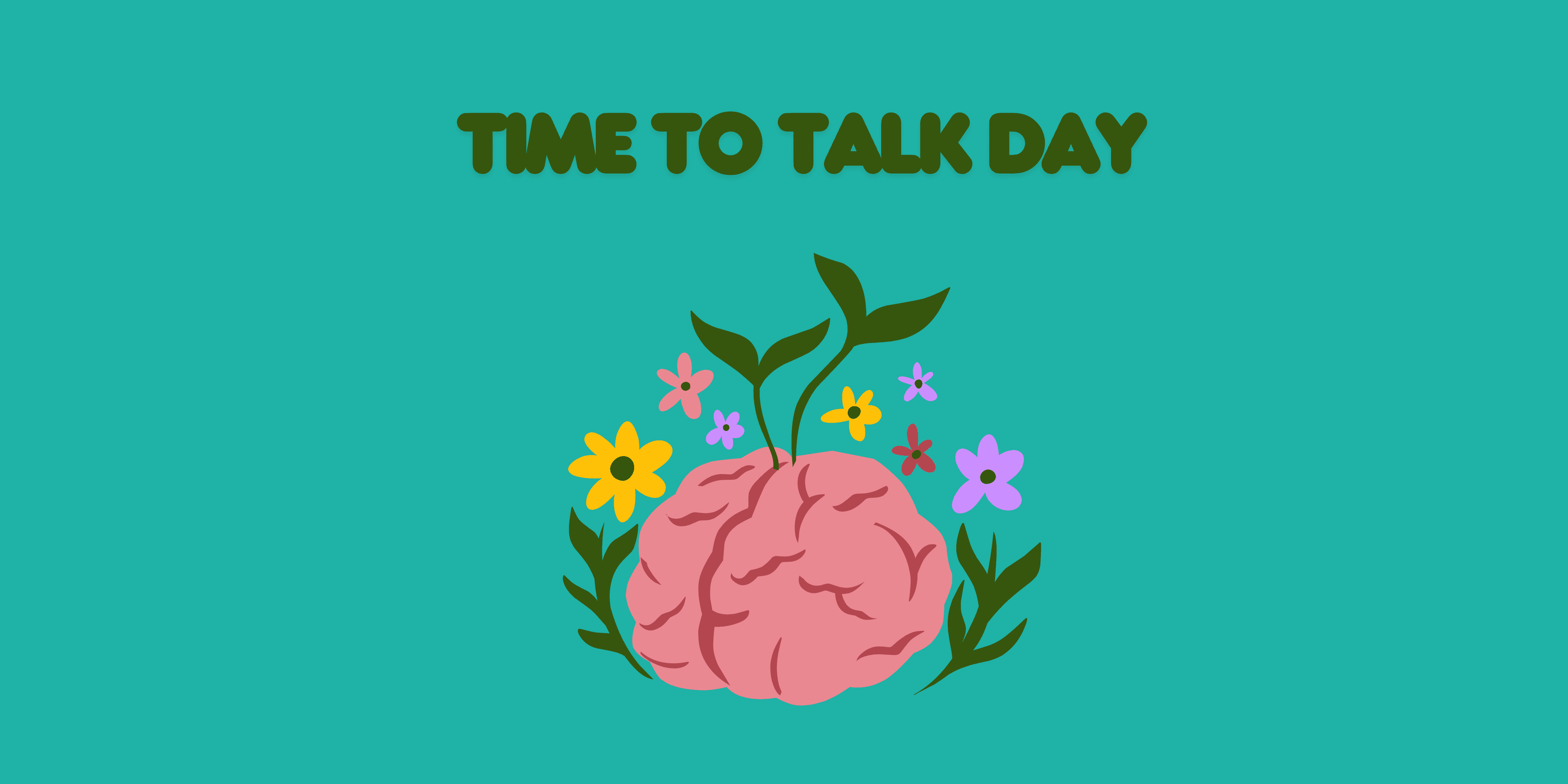...
...
...
...
...

The MyMynd Impact

Leon Rodin
Jul 10th, 2025
The adult social care sector is under enormous strain. From increasing demand and workforce shortages to rising levels of complexity in care, providers are being stretched like never before. Combined with high workloads, emotional demands, and persistent underfunding, it’s no surprise that the wellbeing of care professionals is suffering. Staff mental health isn’t just a personal issue; it’s a workforce one and it’s time we started treating it that way!
While EAPs (Employee Assistance Programmes) can play a vital role, they are often underutilised, typically reactive, sometimes poorly publicised, or not fully trusted by staff. EAP utilisation in the UK averages around 4–6% of the workforce annually¹.
At MyMynd, we believe in meeting people where they are: providing support that is confidential, accessible, and designed for real life. The platform complements and enhances existing services by helping people understand what’s available and when to engage with it.
In organisations where MyMynd is in place, we’ve seen increased uptake of EAP services, a sign that the right kind of early intervention builds trust and confidence to seek further help when needed. That’s why we’re proud to share early insights from a recently completed external evaluation of our model, conducted as part of a year-long NHS pilot.
We’re now using these insights to introduce MyMynd to the social care sector, supporting providers to take a more proactive, preventative approach to workforce wellbeing. The sector has long lacked accessible, upstream support that bridges the gap between awareness and action. By empowering staff to understand their own wellbeing needs and helping organisations turn insight into targeted response, MyMynd offers a practical way to enhance existing provision and build trust in the support available.
Demonstrating Real Impact
MyMynd is a digital behavioural health platform that helps employees proactively manage their mental wellbeing, while giving organisations detailed insight into workforce needs.
Through a structured self-assessment, like an MOT for the mind, employees receive clear results about their current wellbeing. Based on those results, they’re guided to tailored resources, signposting, or 1:1 support with a trained responder.
An independent interim evaluation of MyMynd, carried out over 12 months within a large NHS Trust, found compelling evidence that our approach is delivering measurable outcomes. The pilot focused on two departments, Digital and Maternity, and aimed to assess the feasibility, engagement, and impact of MyMynd as a proactive mental health and wellbeing platform. Just over 1,200 staff were provided with access to the platform during the pilot, with the evaluation exploring both individual outcomes and organisation-wide insight.The NHS pilot revealed a range of outcomes that speak directly to the pressures facing the sector, from low uptake of support to workforce strain:
While delivered in an NHS setting, the pilot’s findings are highly transferable to the care sector, where staff face similar pressures around emotional strain, retention, and underused support services. The results demonstrate that a proactive, structured approach like MyMynd can drive meaningful engagement, improve wellbeing, and reduce pressure on stretched teams, outcomes that are just as vital in social care as in healthcare.
Why This Matters for Social Care
The need for better mental health support across the care sector is well documented. Skills for Care reports that staff turnover in adult social care was 24.8% in 2023/24, representing around 424,000 people leaving jobs in the sector².
Meanwhile, the number of days lost due to mental health sickness in the social care workforce has more than doubled since 2019³ and a third of social care workforce sickness absence due to mental health and stress4. With high recruitment costs, rising agency use, and CQC requirements to evidence staff wellbeing support, there's never been a more urgent time to act.
While our most recent pilot took place in a hospital setting, the implications of implementing MyMynd for the adult social care sector are clear:
MyMynd – Workplace wellbeing done better
MyMynd identifies challenges early, supports staff before issues escalate, and connects them to the right support, whether internal, external, or via an Employee Assistance Programme.
Trusted by NHS Trusts, universities, and private organisations, MyMynd improves wellbeing, reduces absence, and promotes proactive support.
Let’s Talk
We know from experience that supporting the mental health of care workers leads to better care for the people they support. If you're a care provider looking to strengthen your workforce, reduce sickness absence, or boost retention, we’d love to talk.
👉You can discover more MyMynd and how we work with employers and employees, here.
References

Rouberto Pereira
Jan 29th, 2025
Rouberto Pereira
Jan 12th, 2026

Rouberto Pereira
Apr 3rd, 2025